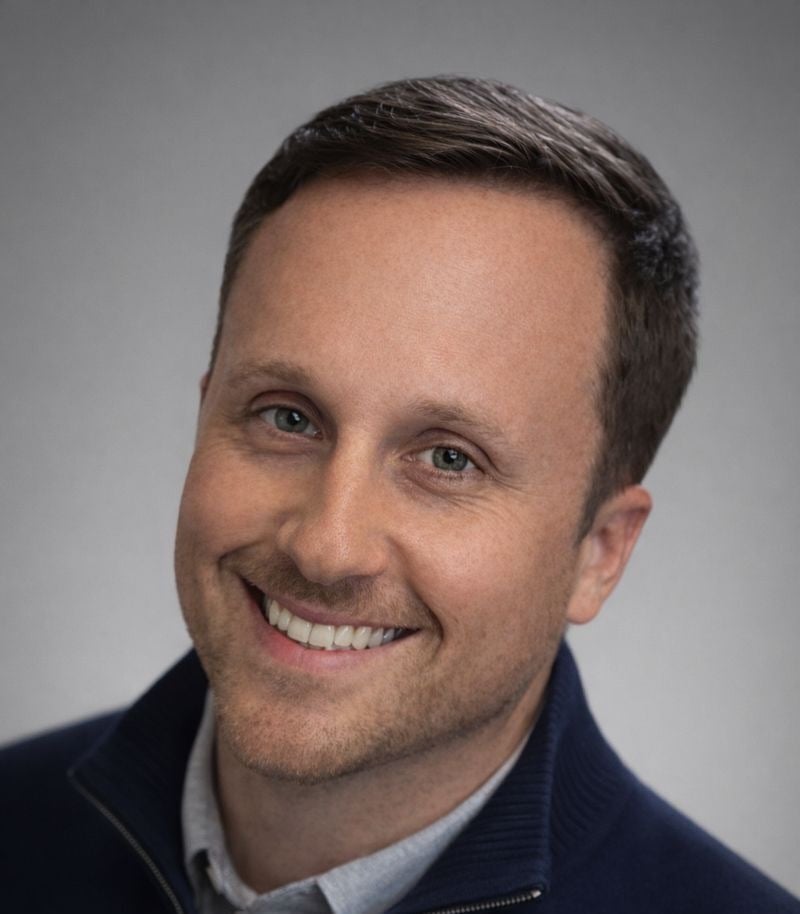Breaking the Silence: Addressing Physician Addiction in Emergency Medicine

In the fast-paced world of emergency medicine, healthcare professionals are often viewed as unsung heroes, tirelessly working to save lives in high-stress situations. However, behind the scenes, a silent struggle persists—one that is often overlooked and stigmatized. Physician addiction is a complex issue that demands our attention and understanding.
The Reality of Physician Addiction
Interestingly, physician addiction rates are highest among emergency medicine physicians, anesthesiologists, and psychiatrists. Our specialty is notorious for a demanding and high-pressure work environment. While working in the Emergency Department (ED), we face a constant barrage of critical cases, unpredictable patient loads (often exceeding capacity), and shift work with long hours. This relentless pace can contribute to burnout, stress, and a sense of isolation, creating an environment where some turn to substances as a coping mechanism.
Studies suggest that up to 15% of physicians will struggle with addiction at some point in their careers, which is comparable to or slightly higher than the general population. However, the nature of the substances abused can differ. The heightened risk of addiction for emergency physicians is attributed to factors like their knowledge of and access to certain legal drugs, especially opioids and sedatives, to cope with the pressures of their job.
The Stigma of Seeking Help
One of the major barriers to addressing physician addiction is the pervasive stigma associated with seeking help. As healthcare professionals, we hold ourselves to impossibly high standards. We fear the repercussions of admitting vulnerability and of professional consequences, including damage to our reputation, our license, and the potential for litigation.
Changing Perceptions and Providing Support
Fortunately, the tide is turning. There is an increased understanding of substance use disorder as a unique brain disease rather than a moral failing. Board-certified addiction medicine physicians are available to help evaluate those struggling with this disorder and guide comprehensive treatment plans. Today, almost every state has a Physician Health Program. These programs can provide the physician with substance use disorder with a confidential and comprehensive evaluation, development of an appropriate treatment plan, and ongoing monitoring. They often allow the physician to retain their license and return to work.
Addressing the Root Causes
We must delve deeper into understanding the unique challenges faced in emergency medicine. Implementing workplace wellness programs, providing mental health support, and changing hospital policies to reduce stress and burnout are crucial steps. It’s essential to foster a workplace environment that promotes open communication and a culture where seeking help is viewed as a sign of strength, not weakness.
A Collective Effort for Well-being
Physician addiction, especially in emergency medicine, is a critical issue that demands our attention. We face unique challenges as emergency medicine physicians, and we must work collectively to create an environment that promotes mental health, supports those in need, and ultimately ensures our well-being. By addressing the root causes and fostering a culture of understanding, we can break the silence surrounding physician addiction and provide the necessary support for those among us struggling with substance use disorders.
Listen to more about addressing physician addiction on this month's ERcast podcast.
Practice-Changing Education
Experience education that goes beyond theory. Explore Hippo Education’s offerings below.


.png)